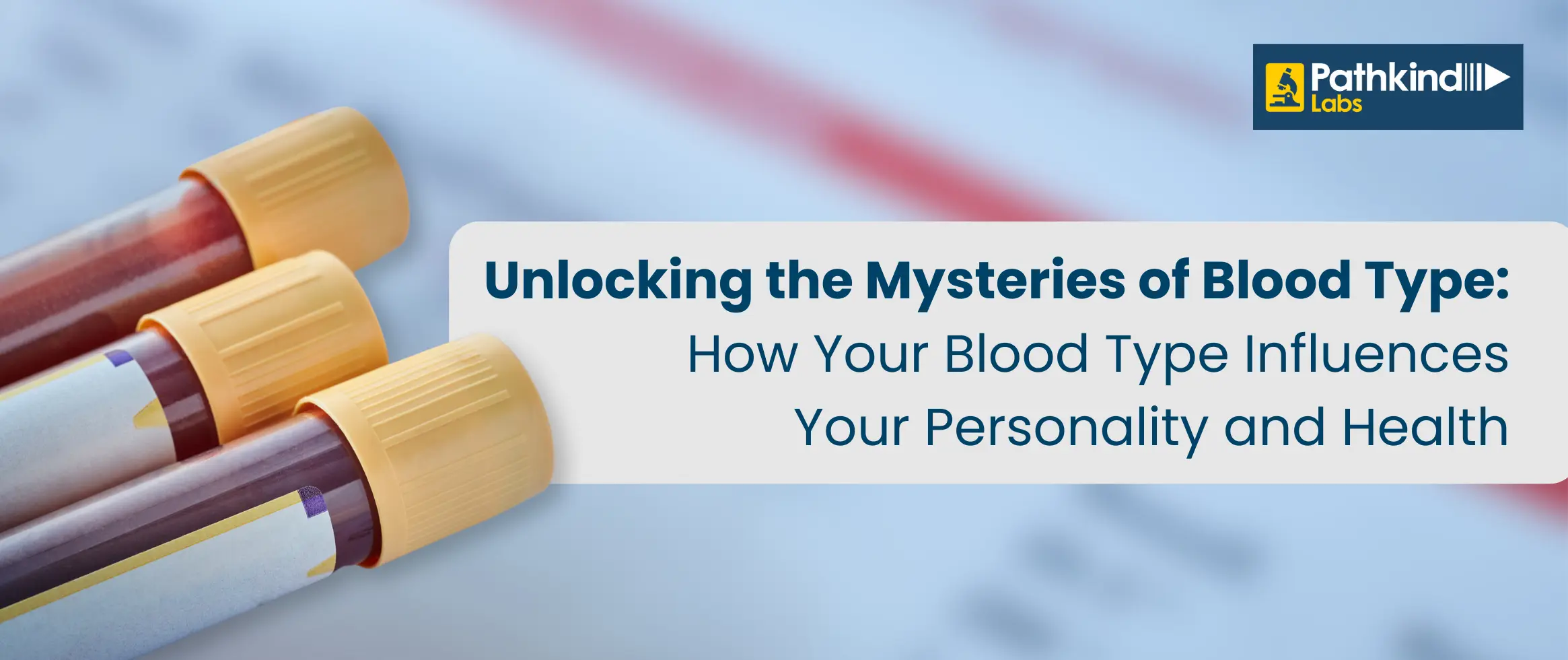


Enter your mobile no. An OTP will be sent to this no.
By continuing, you agree to Pathkind’s Terms of Use and Privacy Policy..webp)
When a woman has Polycystic Ovarian Syndrome, also known as PCOS, mult

The type of antigens present on the outermost layer of your red blood

The pancreas is a crucial organ that affects the digestion process of

Vitamin D is essential for maintaining strong bones because its primar

Ah, the sun-kissed days of summer – the season of beach outings, pic

You can achieve a flawless complexion with the right tips because life

Many people have become more mindful of personal cleanliness and have

IntroductionHereditary diseases are defined as genetic disorders passe

Ageing adults often face unique nutrition-related challenges, signific









